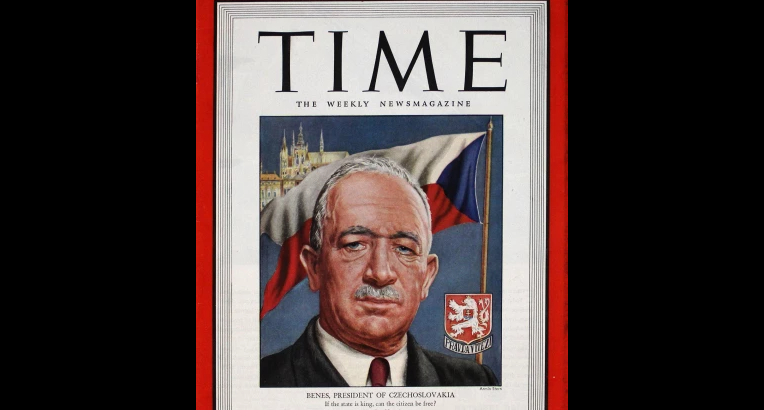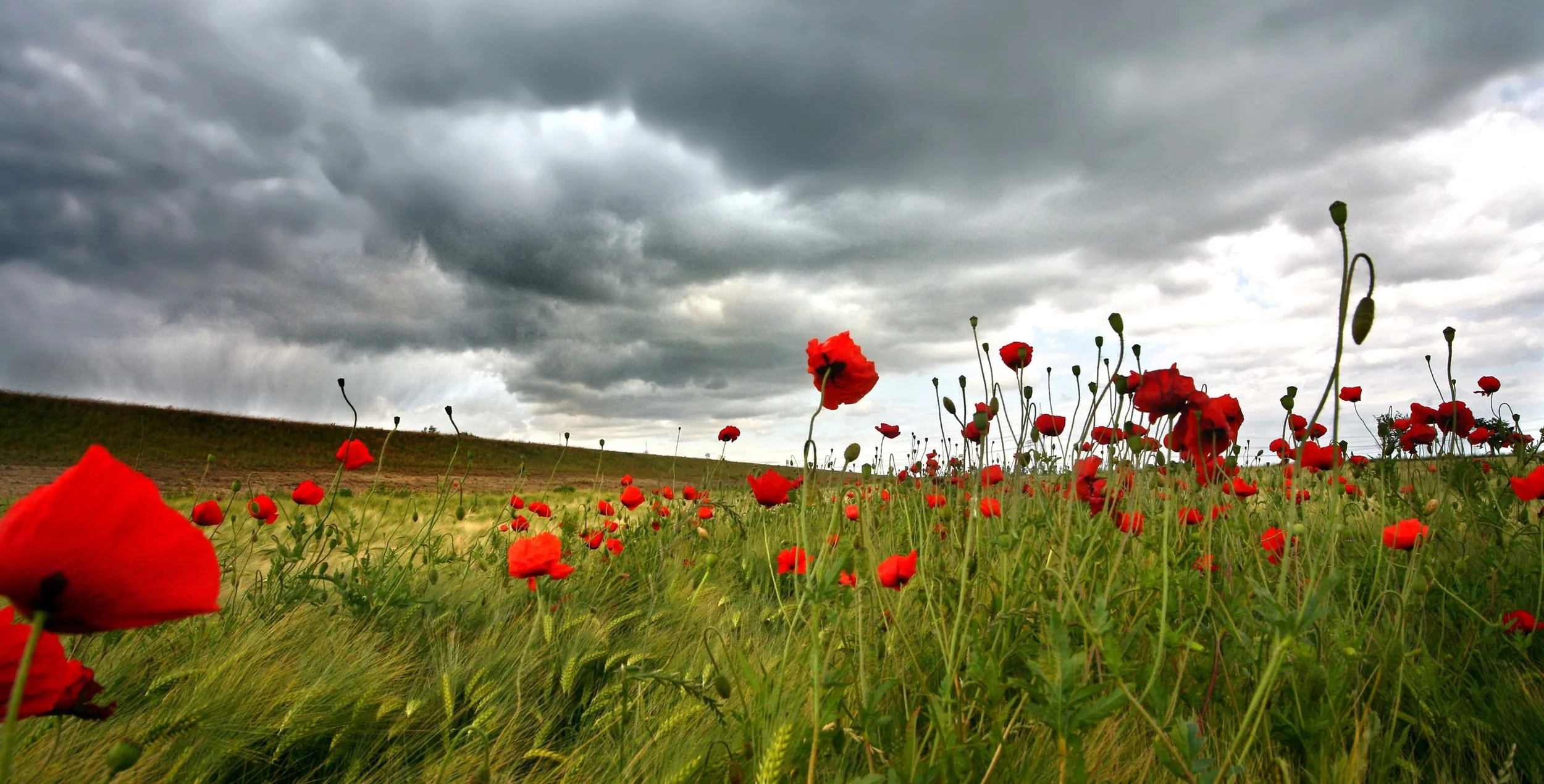Although Eurovision started as an experiment in broadcasting, it is now a show-stopping competition that unites Europe. The Central European nations of Czechia and Slovakia have a relatively short, yet important history with Eurovision. While Czechia’s the only of the two still competing, this 2025, their next entry is a Slovak named Adonxs, an accomplished artist of many skills.
Running from Trouble and Rising to Success: Jan Antonin Bata and the Bata Shoe Company
Witness to the Revolution
As the trailblazing Velvet Revolution took place, many foreign to Czechoslovakia intensely paid attention. Some eyewitnesses photographed and recorded violence against protesters by riot gear police. Others made efforts to report the incidences and progress to the world as the revolution proceeded. The efforts of both protesters and witnesses to the revolution made way for a freer Czechoslovakia.
Linden Tree Chronicles
Linden Trees hold significant symbolism in many cultures around the world, including Slovakian and Czech culture. In Slovakia, they symbolize peace, unity, and protection, just as they do in Greek, Norse, and Baltic mythology. Linden Trees have a wide array of uses and applications, including medicinal and herbal usage. The tree's appeal is both everlasting and worldwide.
George "Papa Bear" Halas
The Chicago Bears began with American football coach, owner, and NFL administrator George “Papa Bear” Halas, born in Chicago, Illinois to Slovak immigrants. Initially, however, Halas began as a player who joined the Navy during World War I, before becoming a player-coach. Throughout his life, “Papa Bear” Halas invested his life into football, winning six NFL championships as head coach while practicing many innovative routines that allowed him and his team to win.
Edvard Beneš (28 May 1884 - 3 September 1948)
Edvard Beneš was born in Kozlany, Bohemia during the Austro-Hungarian Empire’s rule, but by October 14, 1918, he lived in a different nation, as the empire collapsed in place of the then-new Czechoslovakia. He served as the council chairman for the League of Nations to support the balance of powers in Eastern Europe, creating the “Little Entente.” Eventually, Beneš would succeed Masaryk as the Czechoslovakian president, faced with the threat of Germany, and the rest is history.
National Uprising Day
An Army with No Country: A Siberian Odyssey
It’s the First World War, and the Czechoslovaks got to get their soldiers from Ukraine to France, but without going through a Central Powers country or a sea without enemy ships. What do they do? Naturally, they go East: fight through the Bolsheviks, take over the Russian railway network, capture most of Siberia, and reach Vladivostok before the ships arrive to get you home. All this while losing less than 10% of your men over three years of fighting. It might sound crazy, but this is just the 2nd part to the story of the Czechoslovak Legion.
An Army with No Country: The Czechoslovak Legion in Europe
They were men without their own country, living split up among not one, but two mighty empires. When the Great War came and those empires began to crumble, those men took up arms in the struggle, and fought so that one day they too would have their own nation. These were the men of the Czechoslovak Legions.
Rock Music in Czechoslovakia
The history on rock music in Czechoslovakia begins with its introduction in the early 1950s, beginning apolitically. By 1968, the apolitical aspect changed, in response to the 1968 Soviet bloc invasion, causing rock music to finally rebel and criticize the government, through satire and cryptic messaging, as the lyrics and content of rock songs were monitored.
Czechoslovakia and their only naval battle
Despite being a landlocked nation, Czechoslovakia had a naval army, one which fought a single battle. This singular battle took place on Lake Baikal in Russia during WWI. Being that Czechoslovakian soldiers fought so far away from their own nation and that they seemed unwelcome in Russia, the situation of their naval military grew more complicated.















